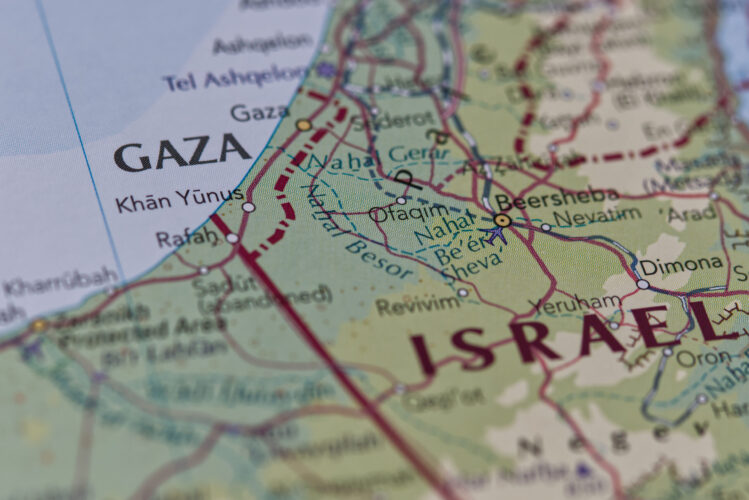Israel’s air force has launched airstrikes against Hezbollah targets in Lebanon following a deadly rocket attack that killed 12 children and young adults in the Israeli-occupied Golan Heights on Saturday. The attack, which struck a football pitch in the Druze town of Majdal Shams, has intensified tensions between Israel and the Lebanese militant group.
The Israel Defense Forces (IDF) reported early Sunday that they had targeted seven Hezbollah sites “deep inside Lebanese territory.” The IDF has not confirmed any casualties from these airstrikes.
Hezbollah has strongly denied involvement in the attack, which Israel attributes to the militant group. The escalation comes amid heightened hostilities between Israel and Hezbollah, which have been exchanging fire since the onset of the Israel-Gaza war in October.
Israeli Prime Minister Benjamin Netanyahu condemned the attack and vowed that Hezbollah would “pay a heavy price.” In response, the Israeli Air Force carried out overnight strikes on what they described as “terror targets,” including “weapons caches and terrorist infrastructure.”
The United Nations has urged “maximum restraint” from all parties to prevent further escalation. The UN’s concern is that the conflict could potentially engulf the entire region.
Hezbollah spokesman Mohamad Afif has rejected claims of responsibility, and reports suggest that the group may have informed the UN that the explosion might have been caused by an Israeli interceptor rocket.
The IDF has identified 10 of the victims as children aged between 10 and 16. An eleventh person was named, though their age remains unconfirmed. The twelfth casualty’s details are still unclear. Verified video footage shows the aftermath of the attack, with people on the football pitch and stretchers being rushed to ambulances.
Majdal Shams, one of the four Druze villages in the Golan Heights, is home to approximately 25,000 members of the Druze community. Prior to this incident, Hezbollah had claimed responsibility for several other attacks, including one on a nearby military compound on Mt Hermon.
IDF spokesman Daniel Hagari accused Hezbollah of “lying and denying responsibility,” asserting that the rocket used in the attack was an Iranian-made Falaq-1, “owned exclusively by Hezbollah.”
Israeli President Isaac Herzog described the attack as a “terrible and shocking disaster,” reaffirming Israel’s commitment to defend its citizens and sovereignty. Foreign Minister Israel Katz warned of the potential for an “all-out war.”
Lebanon’s government has condemned the attack, calling for an immediate halt to hostilities and labeling the strike on civilians as a violation of international law. The US and EU have also denounced the attack.
UN envoy Tor Wennesland urged all parties to exercise restraint, stressing that the region cannot afford another open conflict.
The Druze community, which spans northern Israel, Lebanon, Jordan, and Syria, comprises about 1.5% of Israel’s population. Druze in the Golan Heights were offered Israeli citizenship following the region’s annexation from Syria in 1981, though not all accepted. They retain rights to study and work in Israel, but only citizens can vote.

